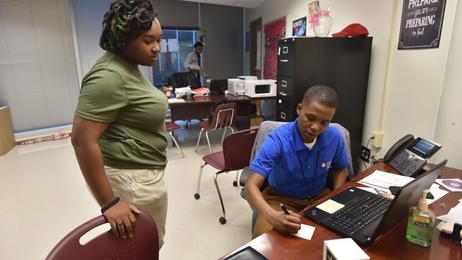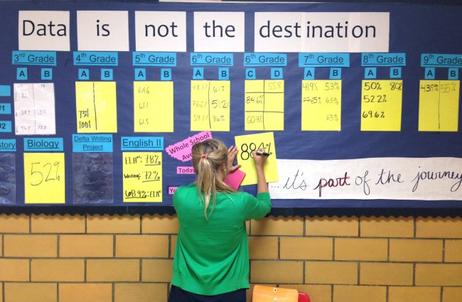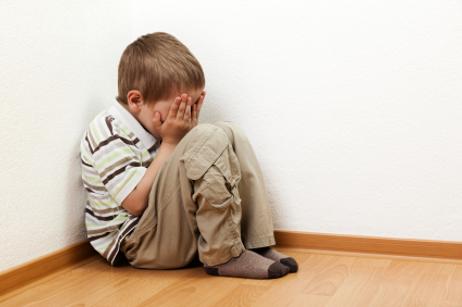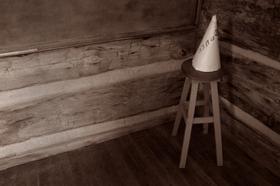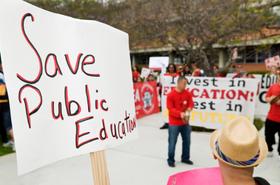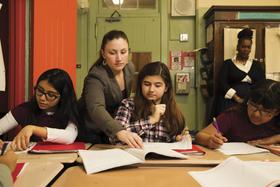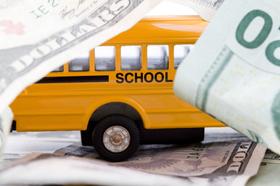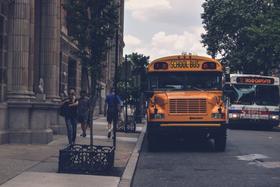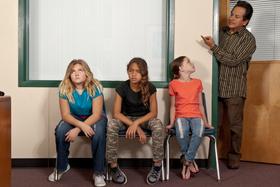Buckling under the performance pressures placed by some standardized test scores, teachers and administrators are allegedly backed into corners where they either alter test results or lose funding for their schools. The problem has been seen in Washington D.C., and now Atlanta schools may be joining the ranks of school districts caught in the act. Allegations of widespread cheating that have plagued the Atlanta school system for the past year are not showing any signs of going away, as new accusations have recently come to light from a former school district official. The latest news suggests that the former superintendent for Atlanta 九游体育s may have known about the problem 鈥� and even taken steps of her own to cover up possible indiscretions.
A History of the Atlanta Cheating Scandal
During the summer of 2008, the Atlanta Journal-Constitution launched its own investigation into the validity of standardized test results from some of the schools in the district. Of particular interest was Deerwood Academy, which showed 鈥渟uspiciously large gains,鈥� according to a later report in the . When the publication questioned school officials about the improvements made at Deerwood, as well as a handful of other school districts, reporters were assured that the gains were 鈥渧alid and defensible.鈥� School officials saw no reason to pursue an investigation of test results at that time.
However, questions about Deerwood began brewing again a few months later, when a state investigation was initiated in response

